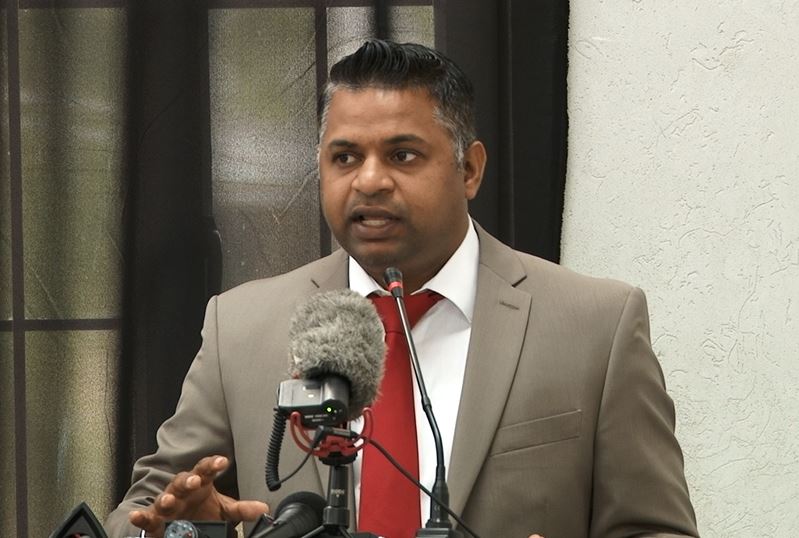A new study on the feasibility of a local oil refinery should be done in the future when more operators are working in the burgeoning oil and gas industry, says the Georgetown Chamber of Commerce and Industry (GCCI).
A detailed study carried out last year found that the establishment of an oil refinery in Guyana would not be economically viable, as it would cost roughly US$5 billion.
GCCI President, Deodat Indar told a news conference on Wednesday that, “a second look needs to be done on it” since the country could potentially be an oil producing nation for a “lifetime”.
US super-major ExxonMobil recently announced its ninth discovery offshore Guyana, which means the country can be producing more than 750,000 barrels per day by 2025.
“And that’s just one operator,” Indar said, noting that when others come onboard, Guyana could be an oil producing nation for a lifetime.
“Wait until the others come on so you’ll see how many years of production life the country has,” he explained.
Estimating that other companies like Total and Repsol would start drilling by 2020, the GCCI President suggested that a study on the setting up of an oil refinery be recommissioned in two years.
But oil refineries in the region, which are conventionally State-owned, have been experiencing major problems, as is seen currently in Trinidad and Tobago.
Asked whether the local private sector would be willing or have the capacity to partner with the Government to invest in an oil refinery, Indar posited that such a conversation could be done later.
But he explained that such a product is a “heavily capitalized one” which can “collapse a company on its own weight”. Indar pointed out that in order for the private sector to make such an investment, agreements with the Government need to be “airtight”.
“You can’t be changed willy-nilly by any government,” he expressed.
Chairman of the Board of Directors of the Berbice Bridge Company Inc. (BBCI) Dr Surendra Persaud recently warned that Government’s inability to honour contractual obligations for a fare increase in the tolls can dissuade the business community from entering into Public-Private Partnerships (PPP).












